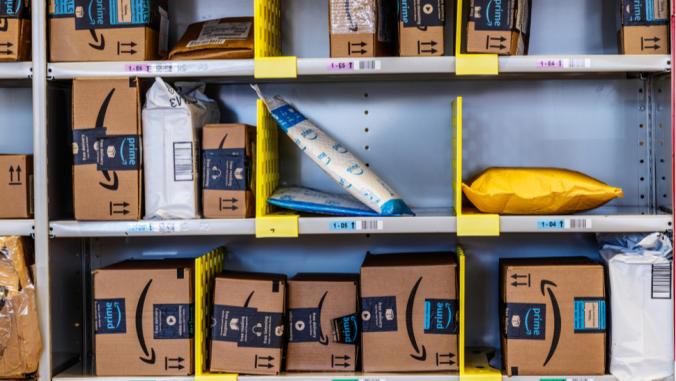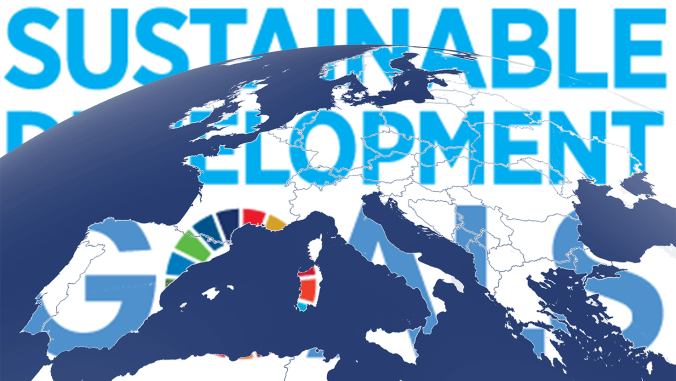European Union Steps Up WEEE E-Waste Recycling Targets
<p>The bloc's Parliament has voted to collect 45 percent of all electronics for recycling by 2016, but an advocacy group warns that a decision to promote recycling over refurbishment ignores environmental benefits.</p>

The European Parliament has been criticized for waving through revised rules on the disposal of electronic equipment without including any provision to promote the reuse of old equipment.
As a result of last week's vote, member states will have to increase their collection of e-waste beyond the current flat-rate target of 4kg per person per year, so that by 2016 they will instead have to collect 45 tonnes for every 100 tonnes of electronic goods put on sale three years previously.
By 2019, this target will rise to a collection rate of 65 percent of sales from three years previous, although countries have the alternative of collecting a comparable figure of 85 percent of all e-waste generated.
In a statement, the parliament said better processing of e-waste would not only reduce the amount of potentially toxic waste sent to landfill or illegally exported overseas, but lead to greater recovery of valuable raw materials.
Once the updated Waste Electrical and Electronic Equipment (WEEE) Directive enters into E.U. law later this year, Member States will then have 18 months to update their national legislation in line with the new rules.
The new regulations were hailed as "excellent news both for the economy and for the environment" by Karl-Heinz Florenz, rapporteur and European People's Party MEP.
However, U.K.-based IT charity Computer Aid slammed the new rules as "extremely disappointing", after MEPs ignored calls for a separate target to encourage the re-use of old electronic equipment that could be refurbished.
The organisation relies on donations from companies to ship refurbished IT equipment out to communities in Africa, Asia and South America, and had led calls for a binding reuse target as part of the new regulations.
Yesterday, it said the decision not to include a target for reusing electronic goods ran counter to the EU's own waste hierarchy, which holds prevention of waste and reuse as its top priorities.
Instead, Computer Aid warned revisions to the WEEE Directive puts the emphasis on the recovery and recycling processes, over and above the reuse path for electronic goods, despite evidence that it is more environmentally efficient to prolong the life of products where possible.
Anja ffrench, director of communications at Computer Aid, argued a reuse target is appropriate in Europe because computers and laptops are commonly replaced long before the end of their productive lives and can often be used for a further three to four years.
"By avoiding the inclusion of a reuse target, the European Parliament not only ignores the environmental benefits of reuse but also reduces the potential opportunities for social inclusion and development that more affordable reused electronic equipment can bring," ffrench said in a statement.
"Including a reuse target would have ensured that reuse really occurs and would help to raize awareness of the need to consider reuse before opting for the less environmentally friendly option of recycling. The European Parliament has clearly wasted a significant opportunity to improve the environmental and social impact of the Directive."
This article originally appeared on BusinessGreen.
E-waste photo via Shutterstock.





